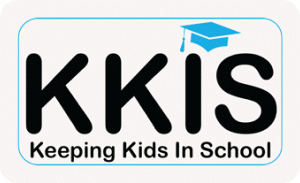The Problem
The Education Problem in Riviera Maya and Mexico
The education problem in the Riviera Maya, which includes Cancun, Playa del Carmen, and Tulum, is multifaceted, primarily driven by economic challenges and insufficient governmental support.
Many families in this region struggle to cover the hidden costs associated with supposedly “free” public education, such as uniforms, school supplies, and transportation. These financial burdens force students to leave school prematurely to contribute to their family’s income, perpetuating a cycle of poverty and limiting their future opportunities.
Additionally, public schools in the area often suffer from inadequate resources and infrastructure, diminishing the quality of education and the likelihood of student retention and graduation.
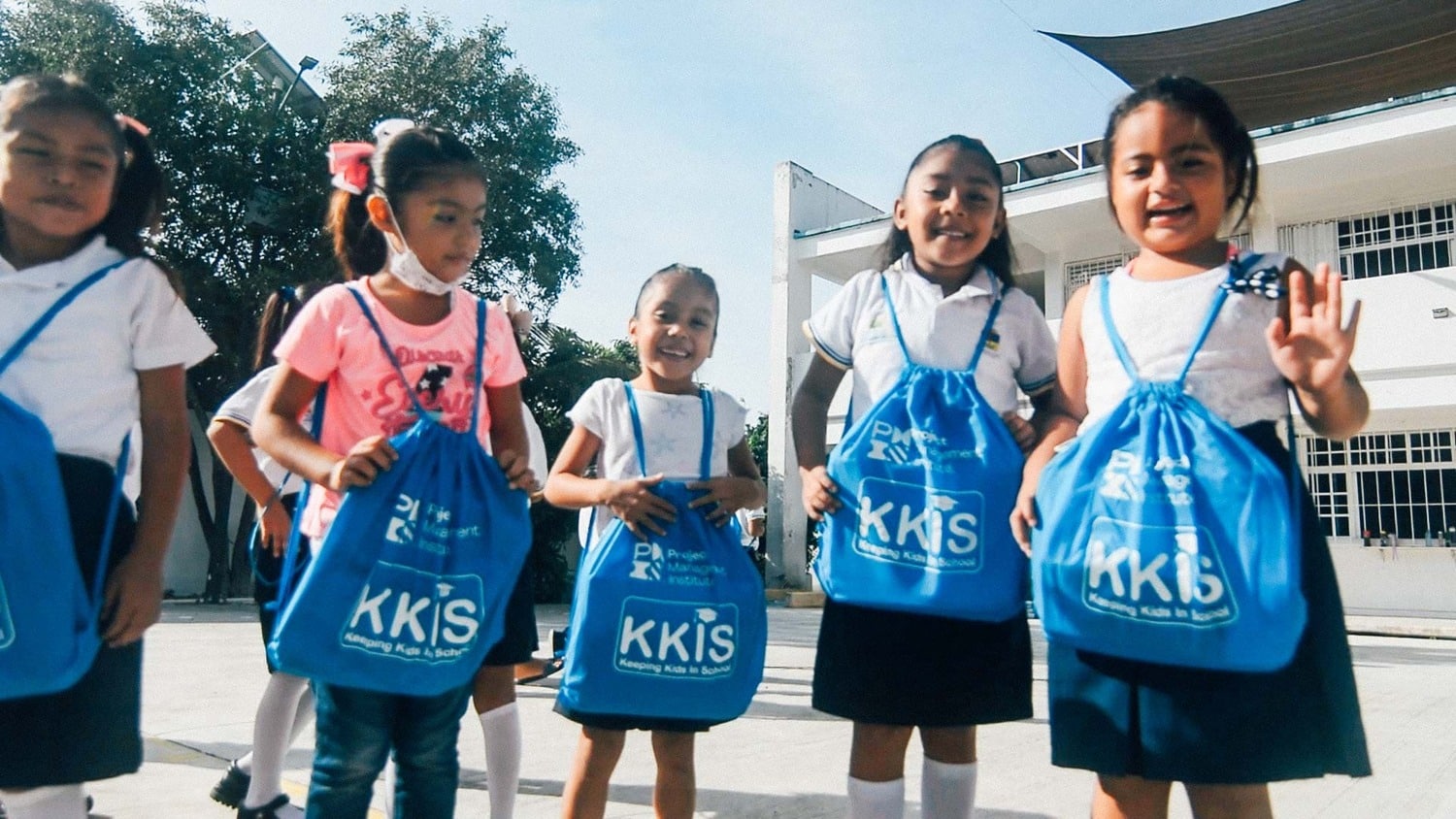
According to a 2020 report by the Mexican Ministry of Public Education (SEP), approximately 1.4 million students in Mexico could not continue their education due to financial constraints.
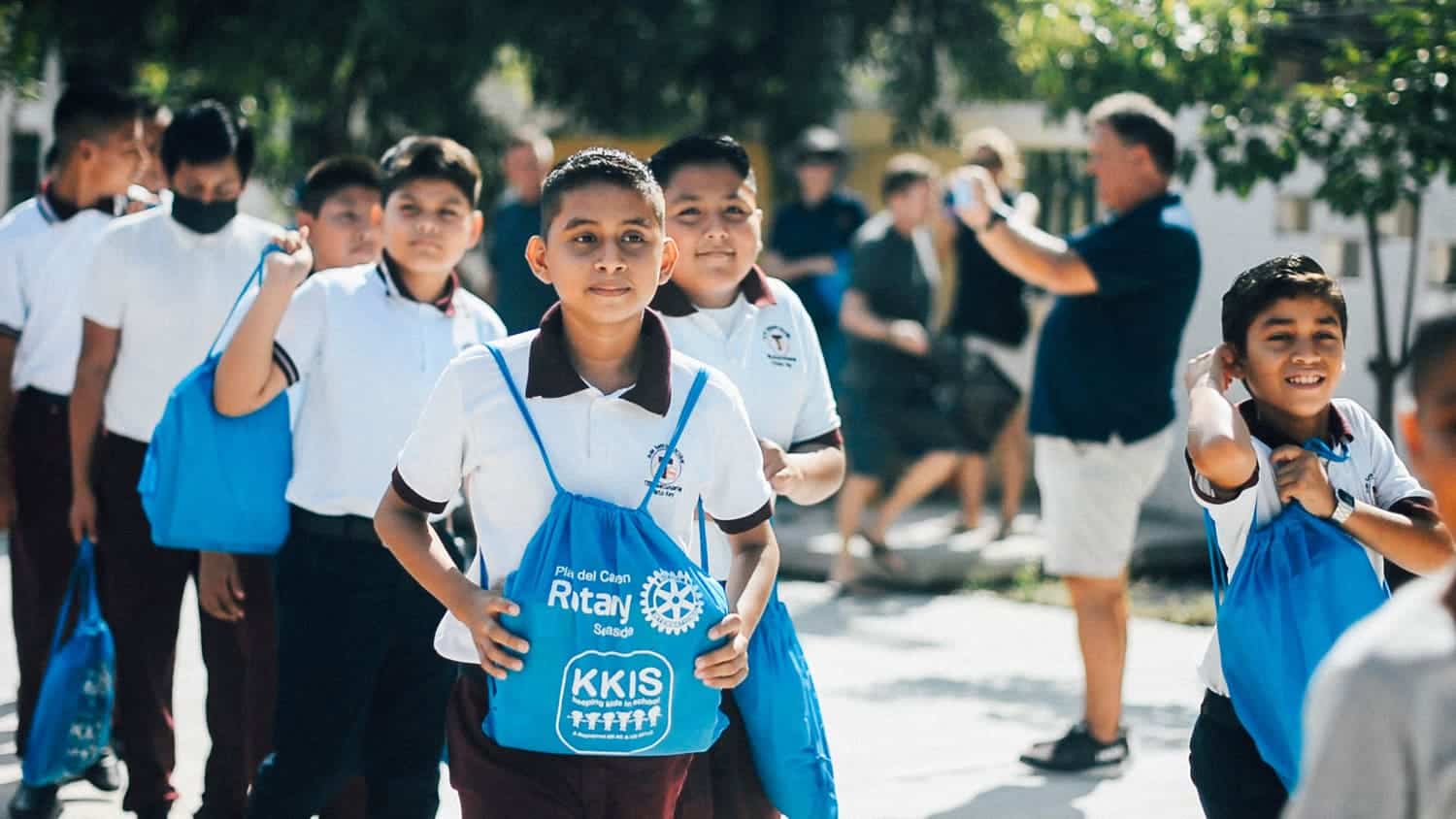
The KKIS Project – Keeping Kids in School, is addressing these issues head-on by providing crucial support to students at risk of dropping out due to financial constraints.
Through scholarships, KKIS covers essential expenses, ensuring that students have the necessary resources to continue their education. This support extends beyond financial aid; KKIS also provides school supplies, tutoring, and mentorship programs that help students succeed academically and personally. By acting as a bridge between community kindness and student needs, KKIS plays a pivotal role in helping students in the Riviera Maya achieve their dreams of graduating and breaking the cycle of poverty.
KKIS’s comprehensive approach to supporting education in Cancun, Playa del Carmen, and Tulum has made it one of the most respected local charities in Riviera Maya. The organization firmly believes in the transformative power of education and advocates that every child should have the opportunity to improve their life through education, regardless of their economic background.
By empowering students and providing them with the necessary tools and support, KKIS ensures that they not only stay in school but also thrive, ultimately contributing to a more educated and prosperous community.
Navigating the Complex Landscape of Education in Mexico
In the intricate tapestry of Mexican society, education often emerges as both a beacon of hope and a burdensome challenge.
An investigative exploration of public schooling in Mexico reveals that the nation grapples with deep-rooted systemic issues that hinder educational progress while simultaneously celebrating the transformative power education holds to elevate entire families out of poverty.
The Family Dynamic: Education Amid Economic Necessity
In many Mexican households, education is viewed pragmatically, often overshadowed by immediate economic necessities. It is not uncommon for children, especially in lower-income families, to forget their education in favor of employment to support their household financially. This cultural norm stems partly from the reality that many jobs available to the less educated are low-wage, demanding long hours with little compensation. Consequently, the allure of an immediate paycheck often outweighs the prospective long-term benefits of continuing education for a family’s high school student.
Government's Role: Perceived Negligence and Underfunding
Public perception of the Mexican government’s role in education frequently leans toward criticism for underfunding and lack of prioritization. The investment in education infrastructure and resources is often seen as insufficient, leaving many schools ill-equipped and teachers underpaid. This lack of support from the government perpetuates a cycle of educational disenchantment, where both students and educators feel undervalued and overlooked.
The High Cost of 'Free' Education
Despite Mexico’s constitution guaranteeing free education, the reality on the ground tells a different story. Expenses such as uniforms, textbooks, transportation, and even obligatory contributions to school maintenance can accumulate, placing a significant financial strain on families.
For many, these “hidden costs” make public high schools unaffordable, pushing students towards premature work or even dropping out. The immediate financial relief provided by working seems more beneficial than investing in a seemingly uncertain educational future.
Dropouts and Disillusionment: The Emotional Toll
The decision to leave school is not taken lightly and carries a heavy emotional toll on students. Many young individuals express feelings of regret and disillusionment, trapped by their economic circumstances and frustrated by the barriers to their personal and academic growth.
The dropout rates reflect these challenges, with public schools seeing a significant percentage of students leaving before completing their education, often due to financial pressures or disillusionment with the quality of education received.
These “dropout” students face issues of self-esteem and unworthiness, in addition to not fulfilling their dreams of a higher-paying job leading to a more secure future.
Graduation Rates and the Quest for Quality
The graduation rates in Mexican public schools are unacceptably low, (less than 50% of public high school students graduate with a diploma) reflecting the numerous challenges students face. These statistics underscore the struggle within the education system and emphasize the need for significant reforms to retain students and improve educational outcomes.
Success Stories: Education as a Catalyst for Change
Amid these challenges, there are gleaming success stories of individuals and families whose lives have been dramatically transformed by education.
These narratives often feature determined students who, against all odds, utilize their education to lift themselves and their families out of poverty. Such stories underscore the potential of education as a powerful tool for social and economic mobility.
The Future of Education in Mexico: A Call for Reform and Hope
As Mexico continues to navigate this complex educational landscape, the call for reform has never been louder. Advocates for educational reform argue for increased government investment, improved infrastructure, and policies that align more closely with the needs of Mexican families.
A growing consensus is that strengthening the education system can lead to a more robust economy and a more equitable society.
While the challenges are many, the spirit of resilience and the potential for transformation within the Mexican educational landscape remain robust. A concerted effort from all sectors of society is required to harness the full power of education and ensure that it serves as a true ladder for social mobility.
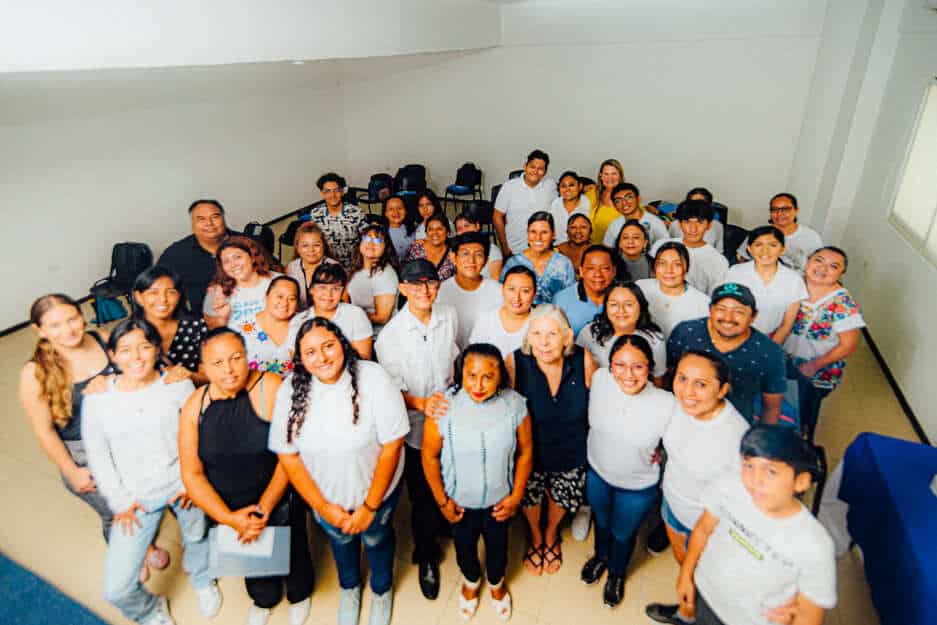
Our success is driven by the generous support of individuals and corporations who share our values and vision.
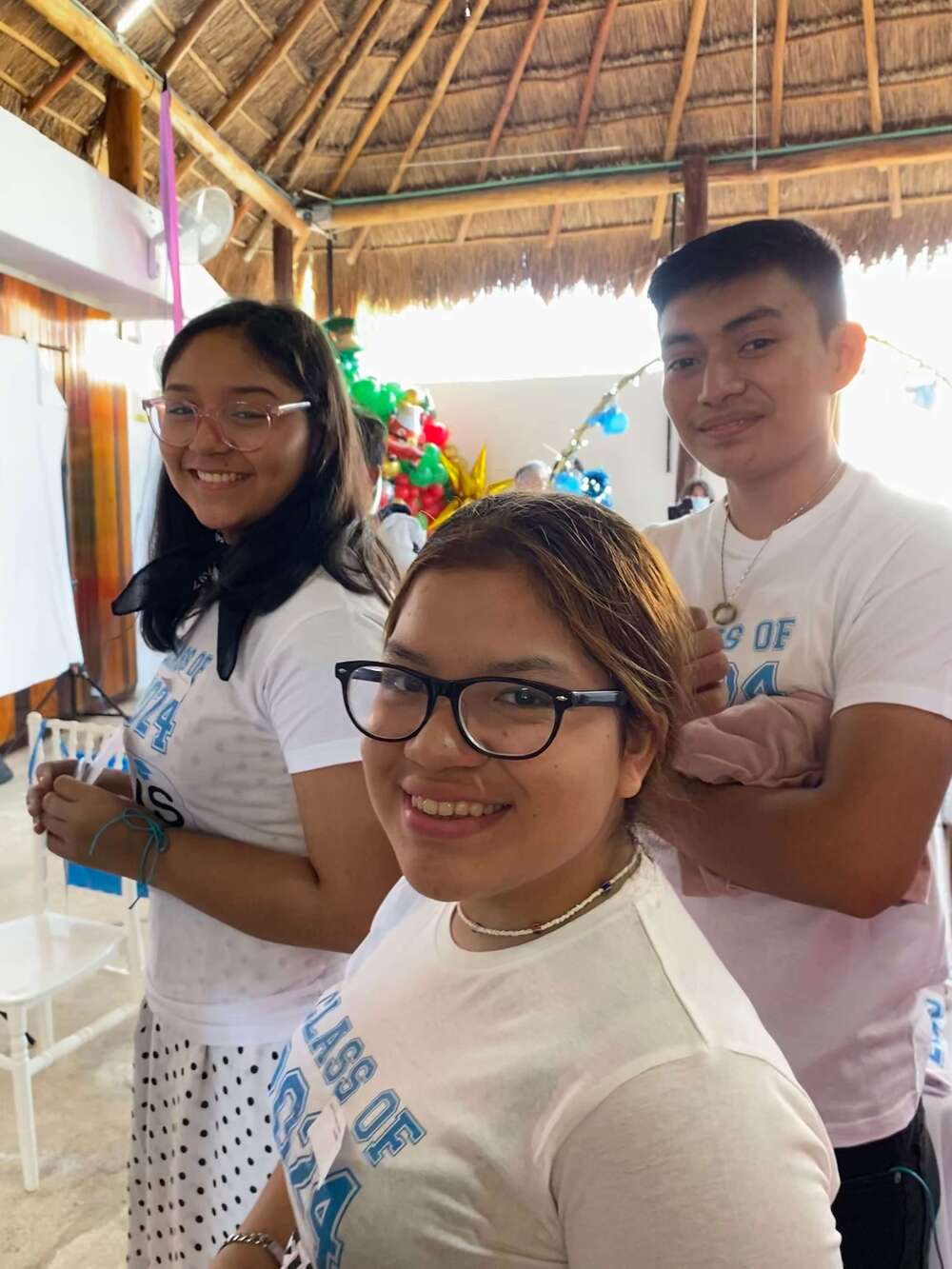
Our success is driven by the generous support of individuals and corporations who share our values and vision.
About KKIS
The KKIS Project, or Keeping Kids in School, is a pivotal initiative based in Playa del Carmen, Mexico, focusing on improving educational outcomes for local students. The primary beneficiaries of KKIS are high school and university students who face financial and social barriers to education.
KKIS primarily targets underprivileged students who face significant barriers to continuing their education. By focusing on both high school and university students, KKIS aims to boost graduation rates and support long-term academic and professional success.
KKIS helps by providing scholarships that cover educational expenses, effectively reducing dropout rates and fostering higher educational attainment.
KKIS offers various forms of support through its student programs, which not only include direct scholarships but also encourage year-round educational engagement through monthly contributions from donors. This sustained support helps ensure that students can continue their education without interruption due to financial constraints.
KKIS provides scholarships that cover essential educational expenses, including tuition, uniforms, and school supplies. These scholarships are a lifeline for many families who would otherwise, be unable to afford the hidden costs of “free” education.
Our success is driven by the generous support of individuals and corporations who share our values and vision.
The economic challenges many families in Playa del Carmen face underscore the need for an organization like KKIS.
While popular with tourists, the region has a local population that often struggles with low-wage jobs that can make funding education difficult. KKIS addresses this gap by providing the necessary financial support to keep children in school, aiming to transform the community by breaking the cycle of poverty through education.
The need for an organization like KKIS is profound in Mexico, where government funding for education often falls short, leaving schools under-resourced and students unsupported.
By stepping in to fill this gap, KKIS helps individual students and helps break the cycle of poverty that grips many families. The organization’s efforts ensure that education remains a viable and promising path for future generations, fostering a community where academic dreams can be realized despite economic challenges.
